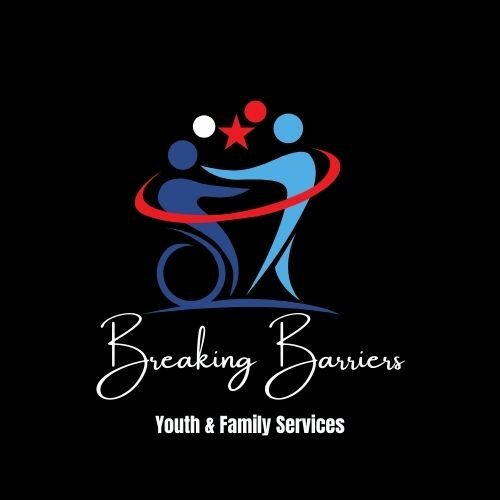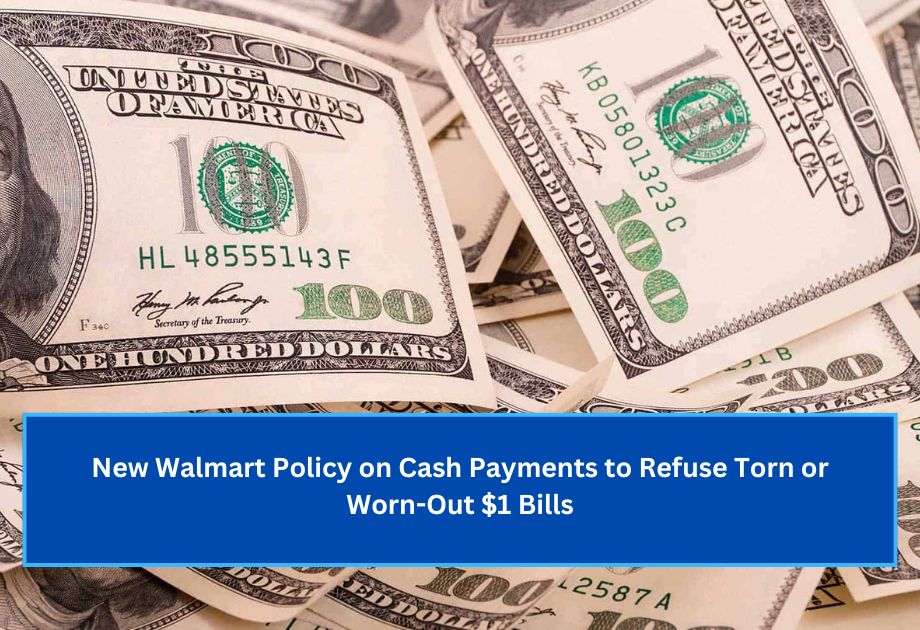Starting October 2024, Walmart has decided to stop accepting damaged $1 bills in stores across the United States. This new policy is part of a larger effort to prevent counterfeit currency and ensure smoother transactions for everyone. Damaged bills, such as those with tears, cut edges, or excessive wear, will not be accepted at Walmart checkouts, ATMs, or banks. Here’s what you need to know about the policy and how to prepare.
Why Is Walmart Stopping Acceptance of Damaged $1 Bills?
The U.S. government has been working to improve currency security, and Walmart is joining this effort by not accepting damaged or worn-out $1 bills. The company’s goal is to prevent counterfeit money from entering circulation and ensure customers have confidence in the cash they use. With enhanced security features on newer bills, Walmart aims to make transactions safer.
What Counts as a “Damaged” Bill?
Starting October 2024, any $1 bill that shows signs of excessive wear will be rejected at Walmart. Here are some examples:
- Torn bills
- Cut or ripped edges
- Water or moisture damage
- Faded or heavily aged bills
If you have damaged $1 bills, it’s best to spend or exchange them before October 2024 to avoid any inconvenience at Walmart or other places that may adopt similar policies.
Security Features in New Currency
To improve safety, the government has introduced redesigned banknotes with advanced security features that are harder to counterfeit. These features include:
- Microprinting on security threads
- Color-shifting ink visible from different angles
- Ultraviolet light reflections on key icons
With these changes, both merchants and customers can quickly check if a bill is genuine, helping reduce the circulation of fake currency.
Walmart’s New Policy
| Policy Detail | Explanation |
|---|---|
| Start Date | October 2024 |
| Applies To | Damaged $1 bills, including torn, faded, or wet bills |
| Security Features on New Bills | Microprinting, color-shifting ink, ultraviolet light |
| Options for Damaged Bills | Exchange at banks or U.S. Treasury |
Tips for Cash Users at Walmart
For those who primarily use cash, here are some helpful tips to avoid issues with Walmart’s new policy:
- Check Your Bills Before Shopping: Avoid bringing damaged bills to stores.
- Ask for Clean Bills When Withdrawing Cash: Ensure bills are in good condition.
- Consider Other Payment Methods: Walmart also accepts debit, credit, and mobile payments.
What To Do with Damaged $1 Bills?
If you have damaged $1 bills, don’t worry! You can:
- Exchange them at banks as long as the bill is at least 50% intact.
- Send them to the U.S. Treasury for review in severe cases where they may still qualify for exchange.
Conclusion
Walmart’s new policy on damaged $1 bills is part of a larger effort to secure the U.S. currency system. By not accepting torn, faded, or moisture-damaged bills, Walmart aims to prevent counterfeit money from entering circulation. With new security features on U.S. bills, consumers and businesses can feel more confident in their transactions. Make sure to exchange any worn $1 bills before October 2024 to avoid issues at Walmart or other stores that may adopt similar policies.
FAQ’s
When does Walmart’s new policy on $1 bills start?
October 2024 is when Walmart will stop accepting damaged $1 bills.
What kinds of damage will cause $1 bills to be rejected?
Bills with tears, cut edges, heavy fading, or moisture damage will not be accepted.
Where can I exchange damaged $1 bills?
You can exchange damaged bills at most banks or send them to the U.S. Treasury if they are still recognizable.

